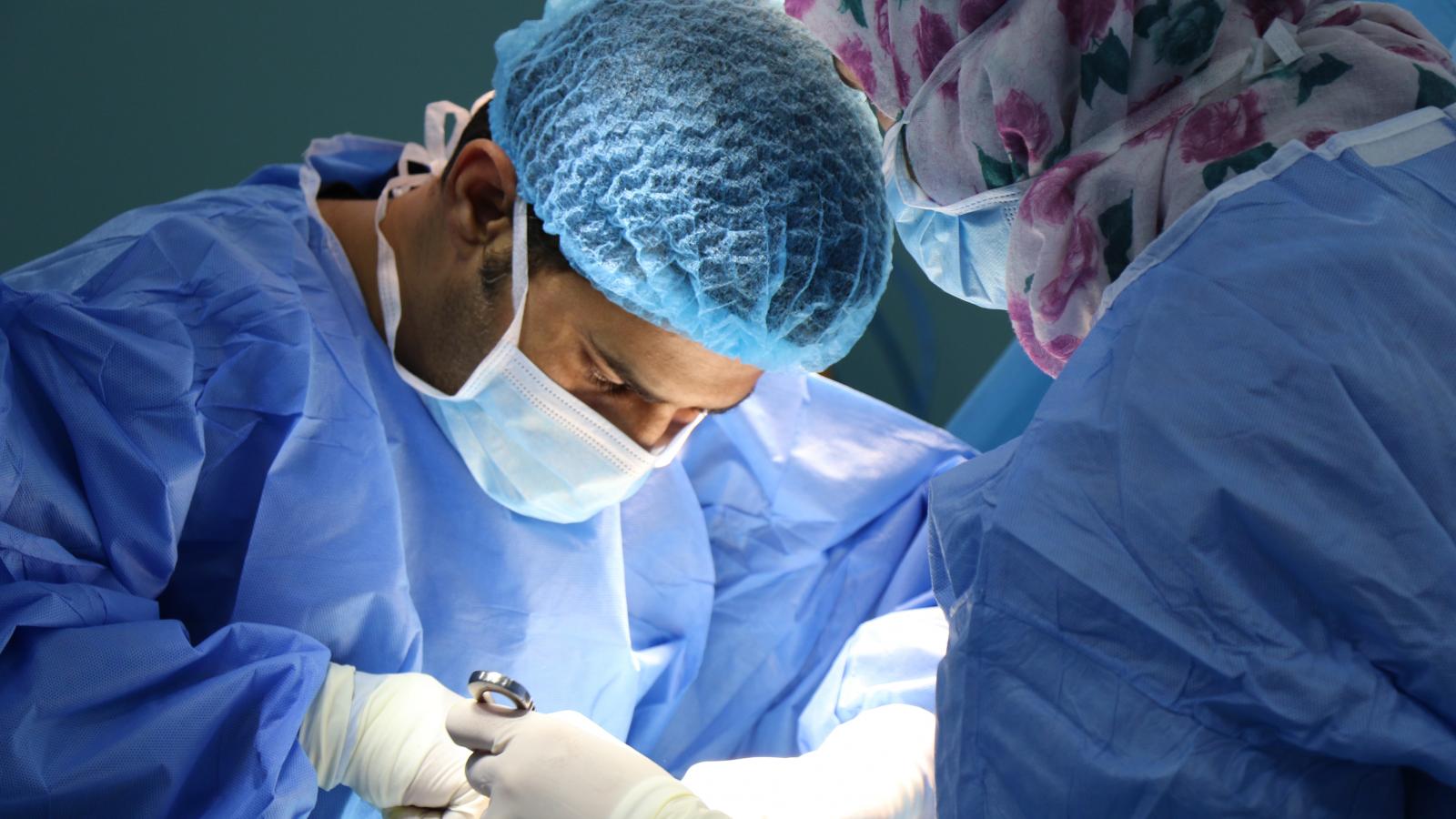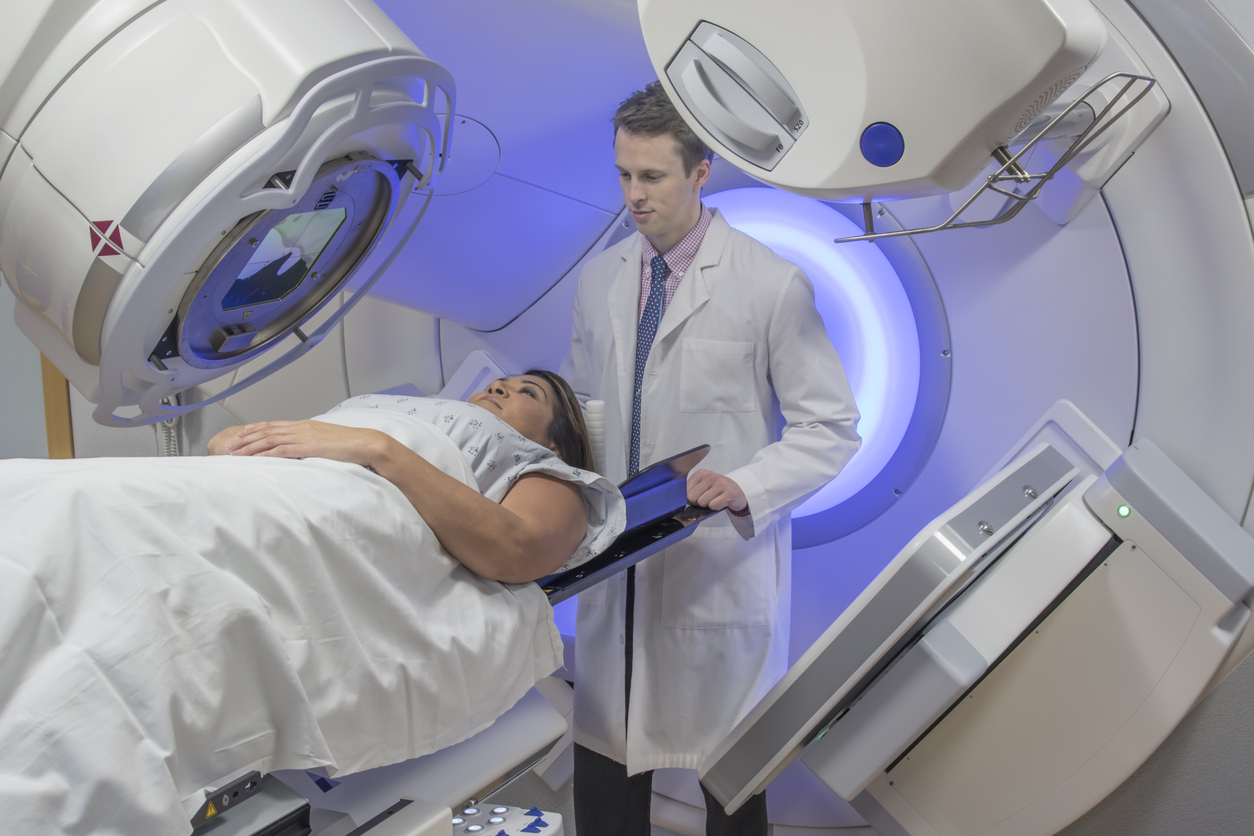How is vulval cancer treated?

The best treatment for you will depend on:
- The size of the cancer and where is it
- If the cancer has spread beyond the vulva
- Your general health
Surgery
The aim of surgery is to remove the cancer. The type of surgery depends on the size and position of the cancer. There are different types of surgery, such as:
- Wide local excision: In this surgery, the cancer cells are removed as well as a border area of healthy tissue around it. This can also be used in a patient with VIN (pre-cancerous changes) to prevent the chances of VIN turning into an invasive cancer.
- Radical local excision: In this surgery, the cancer and a larger border area around it are removed. The surgery may include removing the lymph nodes as well.
- Partial vulvectomy: In this surgery, part of the vulva is removed.
- Total or radical vulvectomy: In this surgery, the entire vulva and the surrounding lymph glands are removed, including the lips of the vagina and possibly the clitoris
- A pelvic exenteration: If the cancer has spread beyond the vulva, the affected organs are removed. For example, the cervix or part of the lower bowel or bladder.
Radiotherapy
This involves using high-energy rays to kill the cancer cells. It can be given before or after surgery. It may also be given if the cancer has spread to the area around the vulva. Read more about radiotherapy for vulval cancer.
Chemotherapy
Chemotherapy uses drugs to cure or control cancer. It can be given after surgery (adjuvant therapy) in the treatment of vulval cancer. It can also be used alone or with radiotherapy.
Treating cancer that has spread (metastatic cancer)
Metastatic or secondary vulval cancer means the cancer has spread beyond the vulva. Remember that not all vulval cancers spread. If you have metastatic vulval cancer, your doctor will aim to slow down the growth of the cancer and reduce or relieve any symptoms you have. For example, pain and discomfort, bleeding or excessive discharge or secretions. This is called symptom control or palliative care.
Treatments may include radiotherapy or chemotherapy or a combination of both.
You may also be suitable for a new treatment given as part of a clinical trial. Ask your doctor if there are any clinical trials suitable for you.
Will I get side-effects?
The type of side-effects you get will depend on the type of treatment, the dose, the duration and your own general health.
Your doctor or nurse will discuss any possible side-effects with you before your treatment. Read about the different treatments to find out more about possible side-effects. You can also read our section coping with side-effects and symptoms for more information and advice.
Side-effects of vulval cancer surgery
General side-effects
With all surgeries there is a small risk of bleeding and infection.
Bladder side-effects
You might find it is hard to empty your bladder if you’ve had a radical hysterectomy. You may have a tube (catheter) to drain your bladder for a week or more after surgery. After the tube is removed, your bladder may still be slow and need to be emptied with a catheter on and off.
Bowel side-effects
You may get constipated, as your bowels may be lazy after surgery. You may need to take a laxative for a few months.
Early menopause
If your ovaries are removed during surgery, you will go into early menopause. This may involve hot flushes, dry skin, dryness of your vagina, reduced sexual desire, night sweats, mood swings, poor concentration and osteoporosis. Read more about managing menopausal symptoms.
Risk of blood clots
Surgery in your pelvis puts you at risk of clotting in the deep veins of your legs and body (called DVT). You may have to have injections to prevent this for a month after surgery. You or a member of your family will be invited to learn how to give the injection. It is very easy. Getting up and about and exercising your legs is most important in preventing DVT.
Lymphoedema
Lymphoedema is when lymph fluid builds up and causes a part of your body to swell up. With vulval cancer it is usually the legs that are affected. Lymphoedema is usually caused if surgery or radiotherapy to the lymph nodes stops the lymphatic system from working as well as it should. This can happen some time after treatment. Read more about lymphoedema.
Other complications
Very rarely, serious complications happen after radical surgeries like hysterectomy or pelvic exenteration. These can include leakage from the bladder or bowel or narrowing of the tubes that bring the urine from the kidneys to the bladder. You may need more surgery to help these problems.
Fertility
If you have a hysterectomy, you will no longer be able to have children.
Sexual problems
Surgery can create scar tissue that can cause narrowing and shortening of the vagina. This can make sex uncomfortable. There are ways to help with this, such as dilation, which means using a dilator or vibrator to stretch the vagina. Vaginal surgery can also lead to vaginal dryness, which can make sex uncomfortable. If your clitoris is removed it will affect your ability to have an orgasm.
Emotional effects
You will probably feel shocked and upset at the thought of surgery to your vulva. The trauma of surgery and the cancer diagnosis, as well as the treatment, can all affect your sex life.

Sex after vaginal reconstruction
Sex can feel different after surgery to your vulva. This may put you off having sex. It’s common to feel frightened or scared at first, but taking things slow and practising different positions with your partner can help you to enjoy sex again. Your consultant or liaison nurse can help to put you in touch with a sexual counsellor if you feel you need extra support.
There are treatments and supports to help you if you’re having sexual problems. Read more about sexual side-effects of cancer treatments and get advice to help you cope. If you want to talk to a cancer nurse in confidence, call 1800 200 700, go to a Daffodil Centre or email the nurses at supportline@irishcancer.ie
For more information
Phone
1800 200 700



